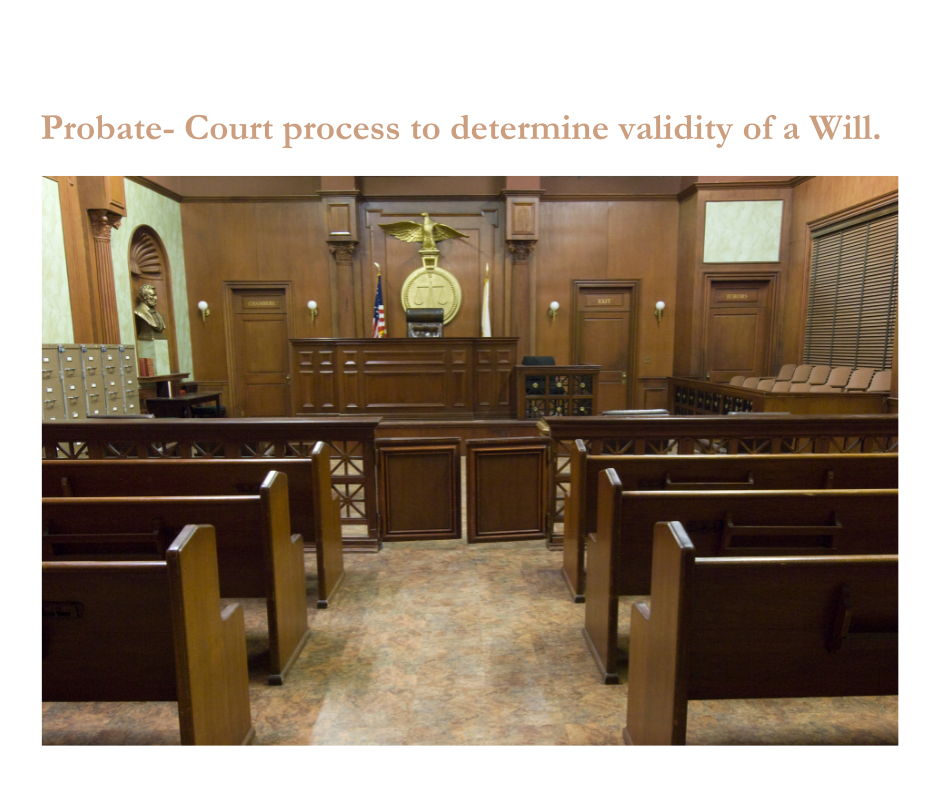Trusts for Everyone—Not Just the Wealthy
Have you been meaning to get a Will and have put it off until now? Maybe you're married and just had your second child. Maybe you've just retired and finally have the time to take care of this important task. In your research you might have come across information regarding Wills versus Trusts and brushed off the latter as something for the weathly.
The truth is that most people can benfit from having a Trust. Most people, like you, are looking to put something in place that makes things easier for their families if something should happen.
Do you want to avoid delays, protect funds for your spouse and children, and have greater control over how your money and property is used while you are incapacited and after death? A Trust has the potential to do this and so much more.
One major difference between a Will and a Trust is that a Trust can avoid Probate.
Your WILL states who is to receive property that you owned in your name at death. It does not state how property is to be handled during your incapacity.
When you have a Will (instead of a Trust), that Will needs to be reviewed by a judge to confirm its validity. The judge then issues "Letters Testamentary" which is a document that allows the named executor to distribute the assets of the estate as the Will dictates.
The probate process takes at least a few months. Depending on how the Will was drafted, whether or not witnesses are needed, and other factors, this process could take longer. Since probate is a public proceeding, your Will is publically posted in the county records for all to see (an invitation to those who may wish to contest it). If you value your family's privacy, a Will may not be the best estate planning tool for you.
Your TRUST, on the other hand, states who is to recieve property you owned as the Trustee of your Trust. When you become incapacited or die, the Trust continues and a named back-up Trustee steps in to follow the terms of the Trust.
When we create a Trust for you, we transfer ("fund") your home to the trust and show you how to transfer your other assets to your Trust. When everything is in your Trust "bucket," your chosen Trustees can carry that bucket for you if you cannot--due to incapacity or death.
Your Trust and it's assets remain private because a fully funded trust does not need to be probated. Privacy reduces the risk of a contest and protects your loved ones.
As you can see, efficiency and privacy have nothing to do with the size of your bank account.
When you have a Trust, you’re protecting your family.
It’s not about the money. It’s about setting up your estate for maximum efficiency, protection, and privacy.
Our Joint Revocable Living Trusts can provide for your spouse and your children in a variety of ways. In addition to avoiding probate and providing efficient asset transfer and management, our Trusts can hold assets for children in a variety of ways:
Distribute funds when they reach a certain age;
Distribute funds at stages (at 25, 30, & 35); or
Hold funds for the life of the child with a Trustee in place to manage the trust.
We also include several “what if” provisions to plan for future unknowns— disabled child, incapacitated spouse, and other situations.
Call us to find out more about our trust planning packages and get started on building a plan that will benefit your family for years to come.



